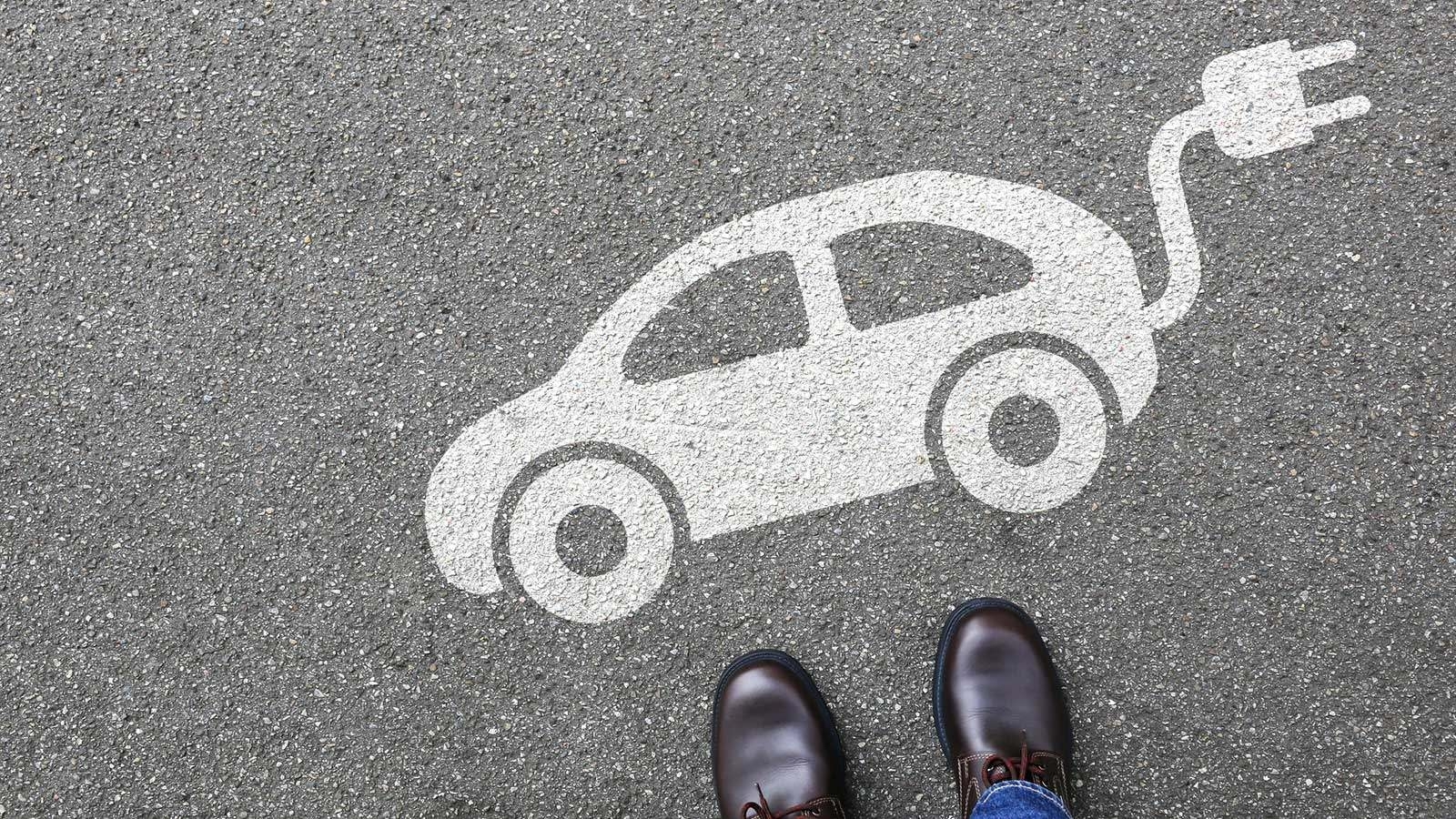
TOPICS:
The EV Reckoning
Oct 28, 2025 / Written by: Gary Isbell
The EV Reality Clashes with the Leftist Agenda
Car makers everywhere are finding out that electric cars do not make economic sense. They are trying to reverse the mandated transitions away from fossil fuels since there is neither sufficiently developed technology or market demand for this radical change.
Indeed, EVs are not the practical replacement for internal combustion engines. As a result, the transition to electric vehicles is not progressing as quickly as the Green lobby had hoped. As Patrick Schaufuss, a partner at McKinsey Global Management and Consulting, noted, “EVs aren’t smartphones.”
EVs have limitations that effect their power, range and reliability. Among them are:
- Severely Limited Battery Weight: A semi-truck and its cargo can legally weigh up to 80,000 pounds. However, the battery for an electric semi weighs a staggering 18,000 pounds, over 20 percent of its legal weight and almost half of its cargo capacity.
- Limited Range and Charge Time: Some semis can travel only 115 miles on a charge and take as long as thirty hours to recharge.
- Long-distance Travel Limitations: A cross-country trip in an EV can quickly turn into "range anxiety." Irregular and often unreliable charging networks can require careful planning for stops, waiting at chargers, and hoping the next station has not been vandalized.
- The Repair Quagmire: The advanced technology, the lack of available parts, and high-voltage batteries require specialized skills that most mechanics lack. A breakdown on a road-trip frequently leads to long waits and expensive repairs.
The Financial Reckoning for Automakers
Carmakers in America are especially hard hit. General Motors announced that it would suffer a $1.6 billion loss due to plummeting EV sales and ending government subsidies. The automaker is lobbying hard to loosen the unreasonable EV mandates.
In addition, consumers are not adopting EVs as quickly as hoped. Government efforts to push this undeveloped technology is hurting corporate profits, as consumers perceive that although EVs might be part of the solution in the future, it is now impractical and should not be forced on stockholder’s or customers.
An Unprofitable Proposition
Volkswagen, which invested heavy in electric cars, now faces a reckoning in Europe. The company announced that it would cut 35,000 jobs as part of a deal with its union. The move sent shock waves through the region’s political establishment.
Weeks later, the EU engaged in a “strategic dialogue” with the automotive industry where it proposed a more flexible schedule for automakers to meet its 2025 emissions standards. In a moment of sanity, EU industry commissioner Stéphane Séjourné said the 2035 target for zero carbon emissions from cars would be reviewed as soon as possible.
Lobbying and Shifting Landscapes
European automakers are lobbying to weaken EV mandates. At the Munich auto show, they pointed to the threat of cheap Chinese newcomers like BYD, XPeng and GAC peddling their electric models.
Jean-Philippe Imparato, then the European head of Stellantis, which owns brands like Fiat, Peugeot and Jeep, said in an interview at the show that he believes the EU’s 2030 and 2035 targets are impossible to reach.
Volkswagen CEO Oliver Blume called for better charging infrastructure, lower electricity prices, and subsidies for entry-level vehicles. The painful irony is that most of Europe already pays much higher electricity rates due to green environmental mandates on electrical generation.
Cracks in the EV Powerhouse and a Different Path
Even China, the world’s dominant EV market, is suffering from saturation as carmakers fight for market share. Some experts believe that 118 EV brands operating in China since 2023 will not be viable by 2030.
While China has doubled down on EVs, Japan has largely avoided the tumult by pushing for government targets that require less-polluting vehicles, including hybrids.
During the early days of the EV surge, Japan’s Toyota Motors faced harsh criticism for largely avoiding EVs and instead focusing on hybrids. Chairman Akio Toyoda described himself as part of a quiet majority questioning the wisdom of the global EV push. Toyota kept its focus on gas-electric hybrid vehicles—a technology it has successfully led with the Prius.
In the U.S., the EV future looks grim especially after Congress and the Trump administration effectively eliminated taxpayer-funded subsidies. GM, which until recently aimed for an all-electric lineup by 2035, successfully lobbied this year to stop California from setting its own tailpipe-emissions standards, effectively ending the country’s biggest driver of EV investment.
With green mandates and federal subsidies, leftists have effectively enforced the acceptance of EVs and made taxpayers bear part of the cost of production and inexpensive charging.
Ideally, automobile manufacturers should have been allowed to develop on their own and let EVs gain acceptance as the market so chooses. Instead, the greens, promoting a socialist agenda, could not wait, and now the dream of zero emissions has evaporated as the viability of battery-powered transportation succumbs to economic reality.



